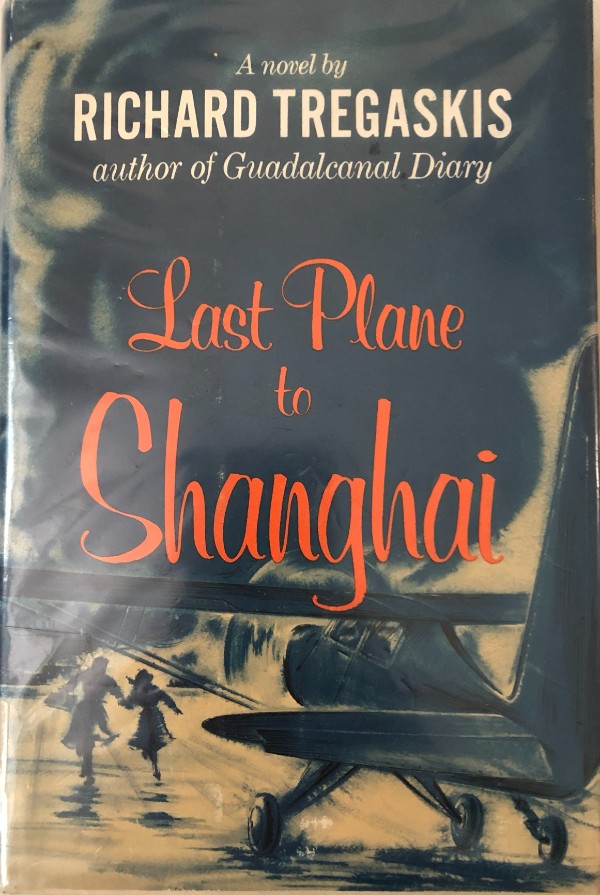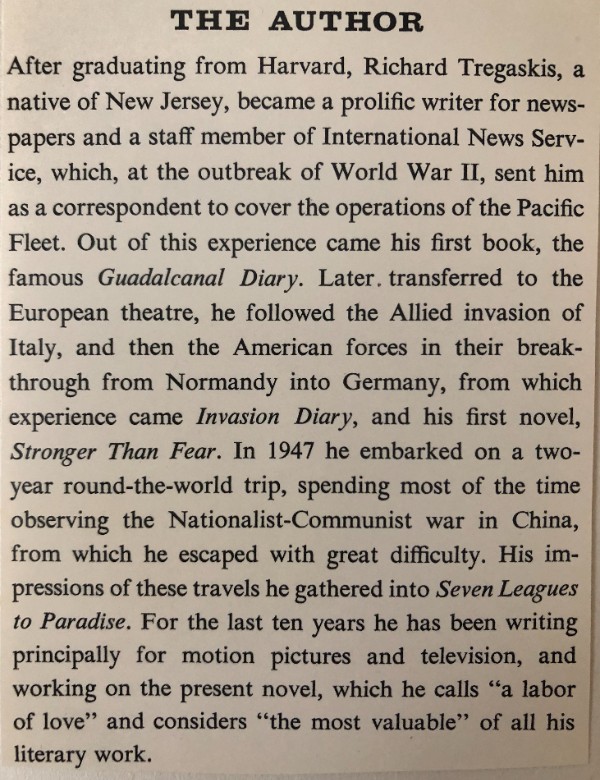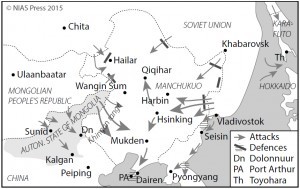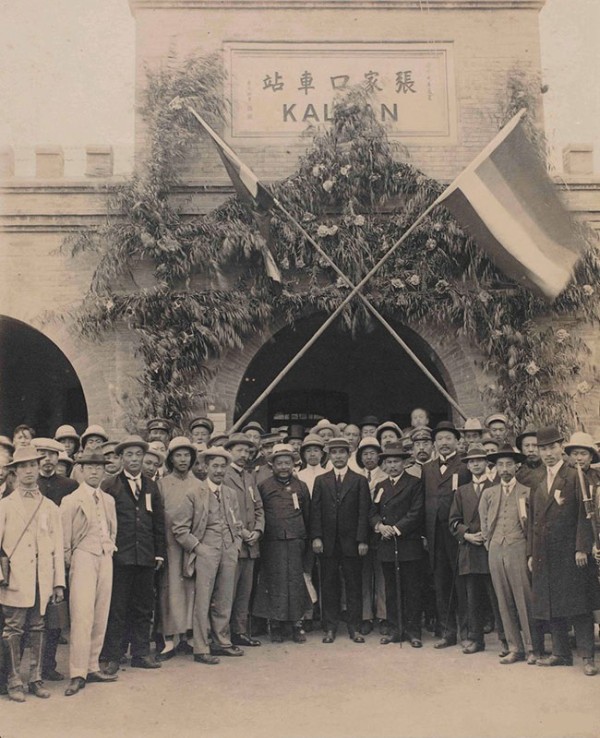| | 2022-8-13
一口气读完李查德-崔卡斯基在1961年写的小说,《到上海的最后一架飞机》(Last Plane to Shanghai),是几年前村子里社区大学的图书馆下架处理旧书中的一本。描写的是1948年美国新闻记者从上海深入内地采访国共内战期间发生的故事,传统的爱情噼腿情节,写得引人入胜,欲罢不能。


书中提到了两个地名,一个是穆克丹(Mukden),是大家都知道的,满语盛京的意思,就是历史上的辽宁奉天和现在的沈阳,和甲午战争时期地图上的亚瑟港(Port Arthur)是旅顺口的称呼是一样的,一个是喀儿干(Kalgan),又叫卡拉根,是大家都未必知道的,蒙古语关口、关卡和聚会之门的意思,就是现在的河北省张家口市。


书中还有一段文字,在第147页,描写作者所观察到的海内外所谓勤劳勇敢默默无闻任劳任怨的国人,远在文革之前,就喜欢在公共场所大声喧哗和不讲文明,可谓是一针见血,入木叁分,不留情面,以子之矛攻子之盾,让人汗颜:
"See how quiet they are in their hardship," he said with enthusiasm. "Manhood at its best is quiet - if I may quote from Master Kung." Master Kung would be Confucius, the name Kung Fu-tzu rendered into English. I nodded politely, thinking how very few Chinese in my experience were manhood at its best, by the standard of quietness. In Hong Kong, Indonesia, Singapore, every place I had seen them they were the noisiest, most ebullient people I knew, even in abject poverty and near starvation.
|
